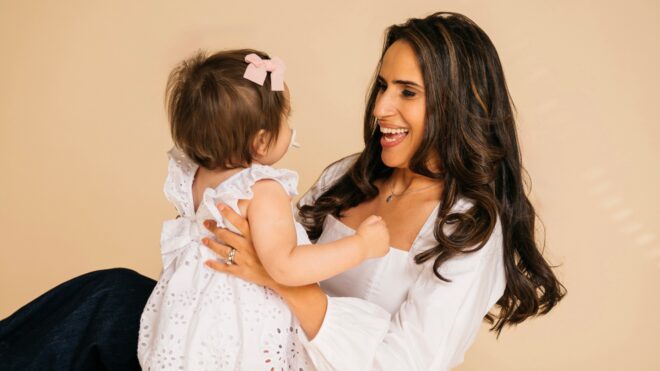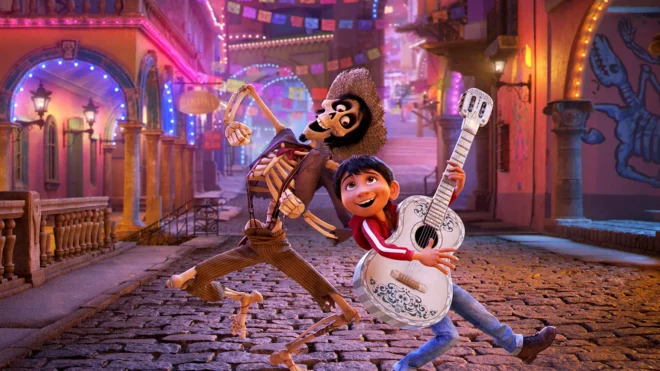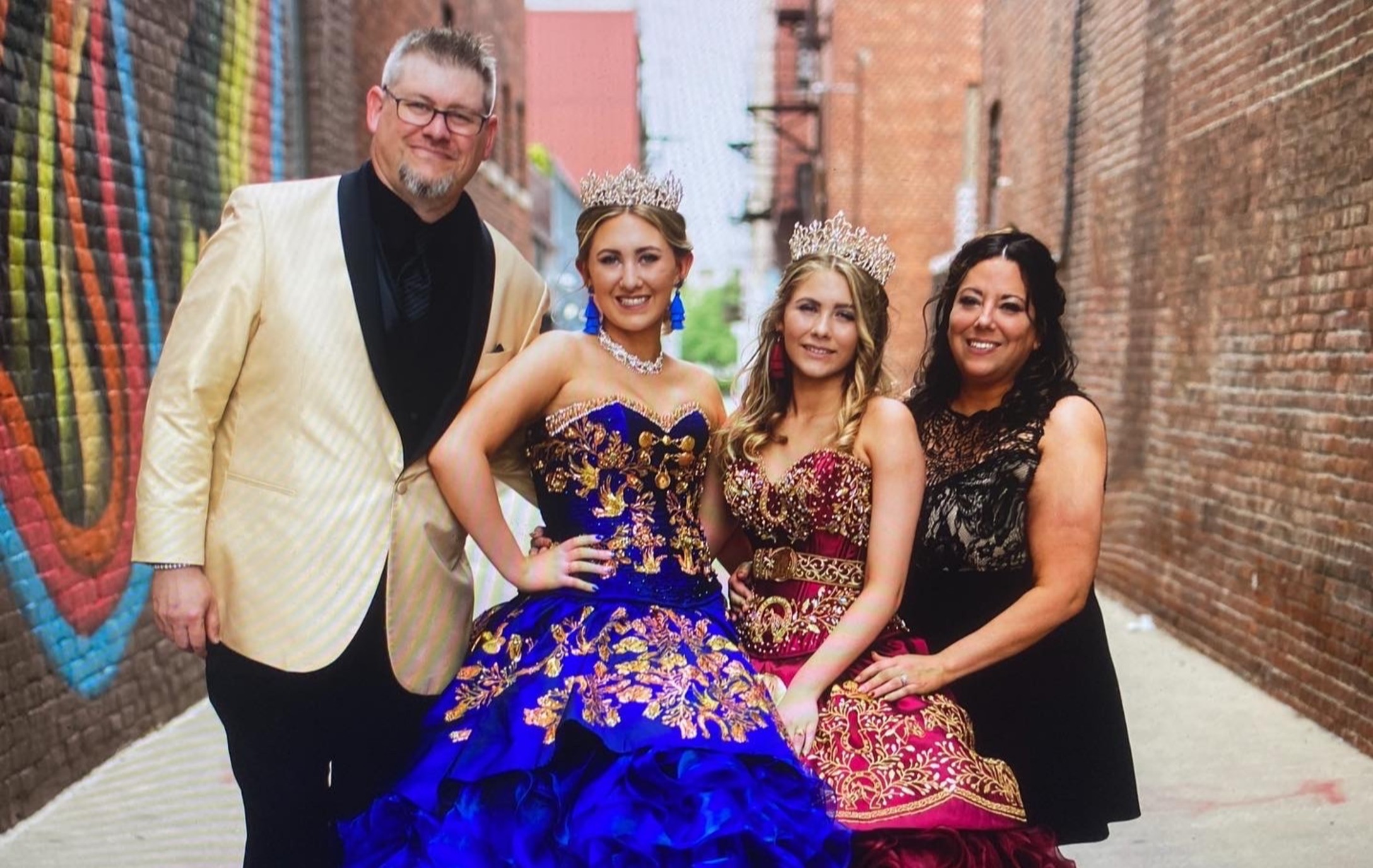
The Latino culture is bold, beautiful, and rich with tradition. I’m proud to be a Latina. My Mexican roots keep me grounded and have taught me to be resilient and persistent. I’m honored to belong to a culture that bases everything we do around the things that we believe to be the most important: faith and family. Everything we do comes back to those two things. Descending from people of a developing country is a lesson in humility, especially when you are first generation. It’s a constant reminder that not so long ago, life was exponentially harder and it can be again at any time.
Being raised within a culture built on faith and family is reassuring and it gives me unlimited hope because I know that no matter what heartbreak, worry, dilemma or hardship life throws our way, we’ll get through it because of our unfaltering belief that someone’s always got our back — and they do. That is what family is: unconditional love and support. But there is one tradition in the Latin culture that I don't wish to pass down to my kids because it adds fuel to a destructive stereotype. Here, I detail two beautiful customs I want my daughters to adopt, and one I'd like to leave behind.
Family First
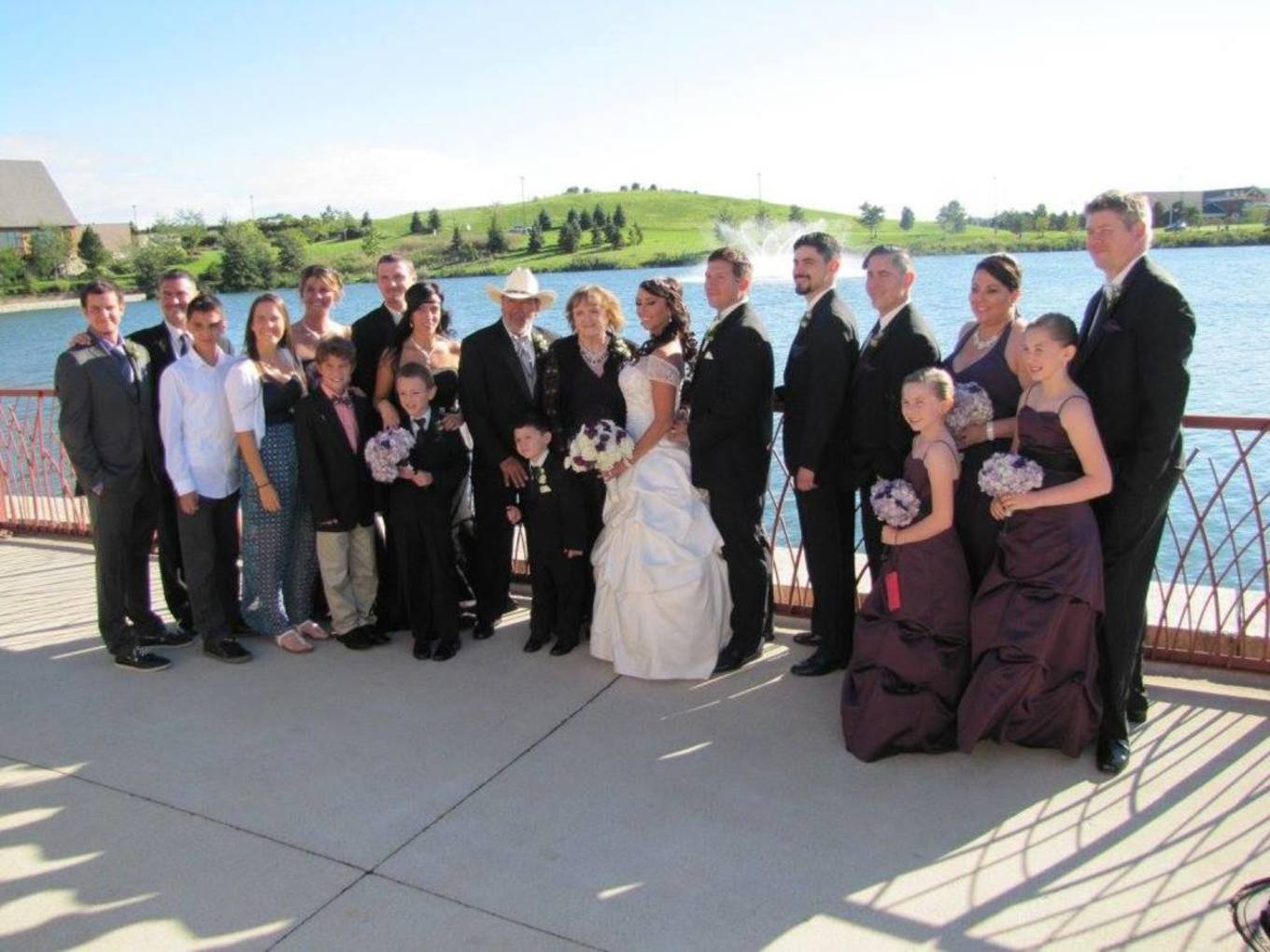
The most important Latino family tradition that I’m passing on to my children is the importance of family. I am a first-generation Mexican American. In our culture, one of the most meaningful traditions we pride ourselves on is that family is everything. We are taught from the time we can understand that family is always the priority. Respecting and loving those people unconditionally is an honor and goes without question. Even when we don’t like our family, we still love them, we respect them, and we protect them. We are fierce and we are loyal to one another. There are no questions asked and no explanations needed. In all honesty, as a culture, it may be one of our best qualities.
This is one of my favorite things about being Latina. We love our families and we operate as a village — one for all and all for one. I have about 100 first cousins on my dad’s side alone and even if we’ve never met, we love each other fiercely because we are family. That is how we were raised. I have five brothers and sisters and there is nothing I wouldn’t do for them and they wouldn’t do for me. “No” is not something we say to each other, especially when it's serious. That’s how I am raising my girls, as well. I want them to love and respect one another, no questions asked.
The Quinceañera
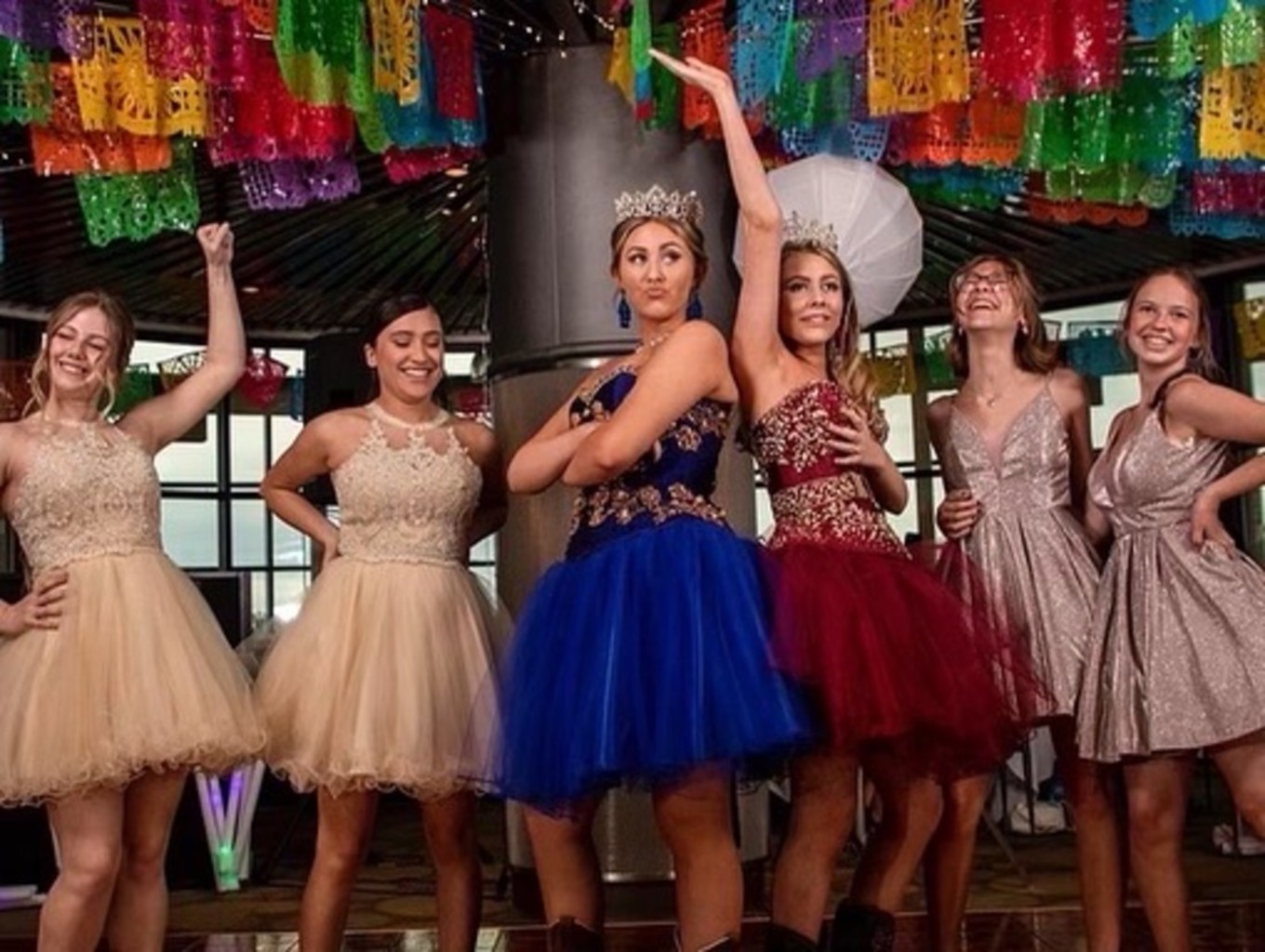
One of my favorite Latino traditions, which I’ve passed along to my girls, is the quinceañera celebration. What's a quinceañera and why is it so special to Latina girls, you may be wondering. It’s a beautiful Latino tradition that celebrates the coming of age of a young Latina girl. The Latino culture recognizes 15 as the age of entering adulthood.
A quinceañera is a celebration that includes a Mass and a reception (much like a wedding). The quinceañera wears a big, beautiful dress and has a court consisting of seven damas and seven chambelanes who stand up with her. At the reception, this court takes part with the pomp and circumstance of the occasion, including dancing a traditional waltz, followed by a group choreographed “surprise” dance. There is dinner and dancing, often mariachis, a band and/or a DJ. No expense is spared to celebrate these girls transitioning into young women.
Embedded content: https://youtu.be/N4Rx5aAd9iI
There are many coming-of-age traditions incorporated throughout the celebration, including the pinning of the crown, the changing of the shoes, the presentation of gifts, the daddy/daughter and mother/daughter dances, and so much more. Quinces are a lot of work and take years of planning and saving, but it’s a night no Latina will ever forget.
Toxic Masculinity
The tradition I’m leaving behind is toxic masculinity. As the stereotype goes, Mexican men are known for being strong and macho and the women are known for being submissive, but seductive. I think these stereotypes are destructive because not only do they dictate what society should expect from us, they also perpetuates this toxic behavior within the culture itself, especially among the men.
I grew up in a culture where women and men have strictly defined gender roles, leaving little space for deviation. Little girls are taught from a young age how to cook, clean, and take care of the family, including being docile and deferring to the men in the house. I can’t tell you how many times I was told to serve my brothers and father their meals at the table. In fact, when I brought my husband home for the first time when we were dating, all the men in my house asked me in front of him why I wasn’t serving him and I casually answered, “Because his legs are not broken.” They looked at me like I was from Mars. I was trying to draw a line.
Little boys are taught to fight, “be the man” of the house, and to not cry. In my house growing up, boys didn’t do chores and were expected to protect the women of the house. My younger brothers frequently had no hesitation scolding "would be" boyfriends and interfering on my behalf without solicitation. There is a lot of pressure on both sexes in this situation. Even if the boys didn’t agree, they would be chastised if they tried to step out of those defined roles. So, for the benefit of both little boys and little girls, toxic masculinity needs to go.
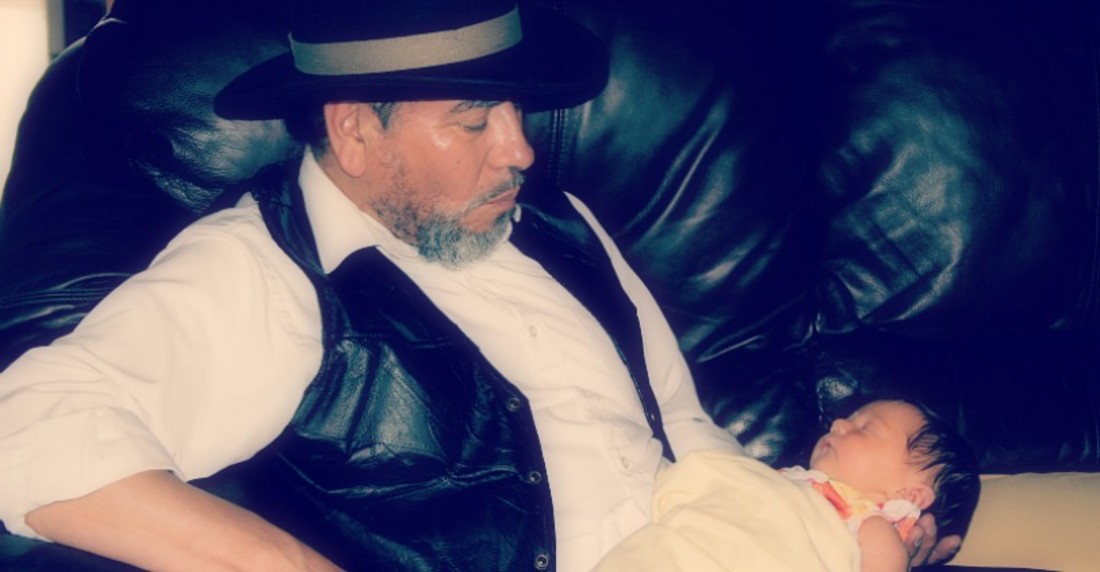
Thankfully, as my siblings and I have grown and begun families of our own, our views on gender roles began to change. The men in my immediate family have become true equal partners to their significant others and my father has softened with age, realizing that the relationship between men and women should not be a battle for the title of who's in control, but a partnership where men and women both unconditionally love and support one another without worrying about what society thinks.

